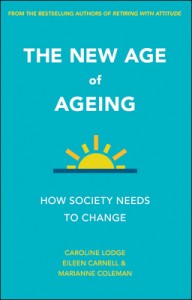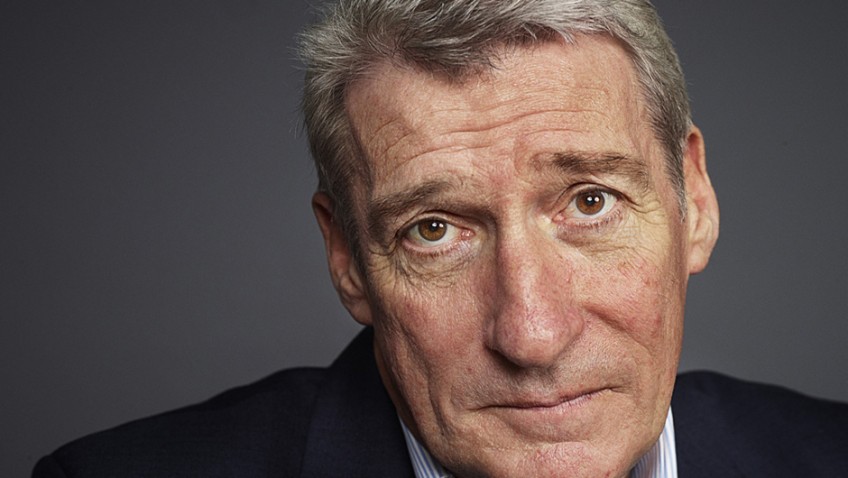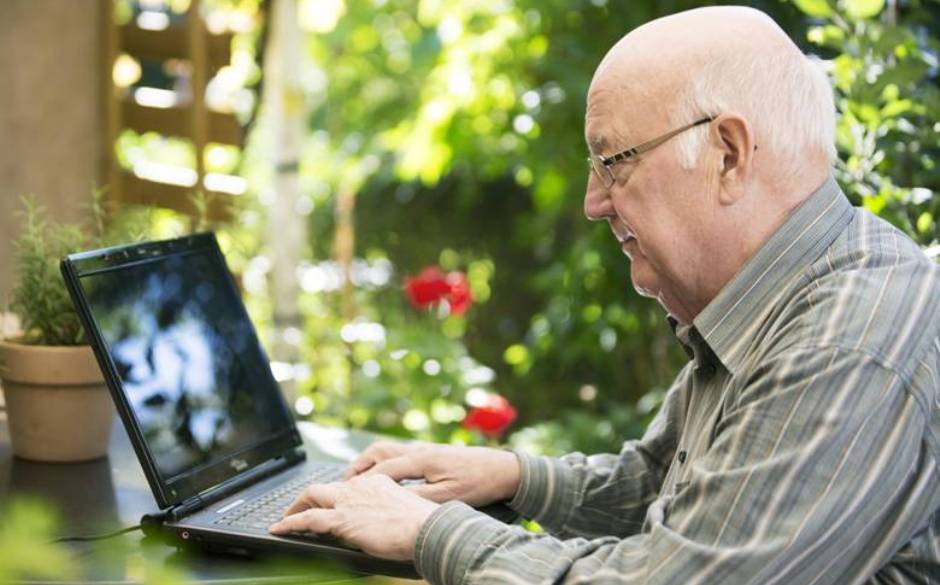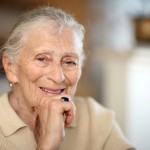Gerascophobia is the fear of getting old, classically demonstrated by Jeremy Paxman in his financial Times diary (19th August 2016).
His fear of being ‘on the verge of incontinence and idiocy’, at age 66, was his reaction to this newspaper. Many people both fear ageing and dislike the older generations – gerascophobia
and gerontophobia, often resulting in age denial. Ageing is perceived as a process of decline and dependency.
Widespread ageism
Everywhere we hear common and erroneous views about how older people look and how they behave. Ageist assumptions have been around for some time perpetuated by the language we use. We have many phrases in our everyday lexicon that insult older people: wrinkly, crone, old bag, old biddy, old fart, bed blocker, coffin dodger.
Descriptions such as pensioners, OAPs, seniors, the mature, the old and the aged can have unwanted connotations and are now out-dated. Comments about incontinence and idiocy,
frequently used in conversation and in comedy sketches, echo the familiar but inaccurate assumptions about ageing. Apparently it is still acceptable to be abusive and offensive about older people in ways that would not be tolerated about gender, ethnicity, sexuality and so on.
Ageism lives in our language and also lives in stereotypical images of older people – in particular older consumers.
Older consumers are treated with great disrespect and are not well served. To begin with they are often referred to as if they all belong to one group. But lumping people over 65 together obscures the fact that there might be as many as three generations in this group. Over 65s are as diverse as any other age group in society with different tastes and needs.
Then they are often portrayed in a negative way as cronky as the road sign suggests – bent over with sticks. Or they are hidden from view, not seen on television except in afternoon programmes, as they are considered ugly or distasteful – the wrinklies. sadly, this particularly applies to women.
The way we live now
Little research has been done by the marketing industry into the buying habits of older consumers, resulting in myths and stereotypes about their tastes and needs, despite the fact that today’s 60-year olds are so completely different from previous generations. Older generations have a greater life expectancy and are healthier, wealthier, better educated, more energetic, and entrepreneurial than any previous similar age group. They take more holidays than any other age group: nearly half take two or three trips abroad every year. They embrace technology, despite being stereotyped as technophobes, buy smart phones, computers, party foods, Prosecco, expensive cars, DIY products – just like everybody else, or even more so.
Overlooked and underestimated in the market place, the over 65s make up a quarter of the population, attracting 10% of marketing expenditure. And this group is the fastest growing. Their spending power is largely ignored except where age-related products are identified, symbolised by stairlifts or rising chairs. Many complain about poor product design, such as the tiny keys on
mobile phones.
The changing patterns of older people’s behaviours barely impact advertising. You do not see an ad for a top-of-the-range car being driven by an older person, yet 80% of these cars are bought by people over 50. Advertising and marketing underscores ageism by ignoring older people. The common view is that they don’t do anything useful or interesting, they just sit around in God’s
waiting room. The industry needs to wake up.
A more accurate view
Our new book, The New Age of Ageing: how society needs to change, celebrates the contributions of older members of our society and draws a more accurate picture to promote alternative understandings of age and ageing. The book provides realistic accounts – being old is not the awful place people fear.
 There are different stories to tell which present a more nuanced picture than the accepted view of old age as deterioration and dependence. Many older people are still very active in local, national or international politics and are vociferous in campaigning for a better world for all and in fighting ageism. They still contribute so much to society, economically through work, investments and volunteering and as consumers.
There are different stories to tell which present a more nuanced picture than the accepted view of old age as deterioration and dependence. Many older people are still very active in local, national or international politics and are vociferous in campaigning for a better world for all and in fighting ageism. They still contribute so much to society, economically through work, investments and volunteering and as consumers.
Many enjoy being their age and the freedom it brings. The book explores the potential of an age-inclusive society to make our communities better for people of all ages. It recognises that older people are not separate or different from the rest of the population. It is not them and us, it is all of us.
We are all in this together. Today’s younger people will be old tomorrow. We need to envisage, and work to establish a society that respects, provides for, and takes care of older people. At the moment we are all the losers, with many people fearing ageing and being derisory about the old.
What needs to change?
Our society must not be trapped by images of older people defined by their disabilities, not abilities, but needs to take note of what people are now defining as a better ageing life.
We need to celebrate the best about growing older – we are active contributors not passive recipients. Our research has revealed that with ageing comes the opportunity to continue to learn, strengthen relationships, gain lots of freedom and above all to have fun.
The New Age of Ageing is available with 20% discount from the Policy Press website.
Order your copy at policypress.co.uk/the-newage-of-ageing for the discounted price of £11.99.






